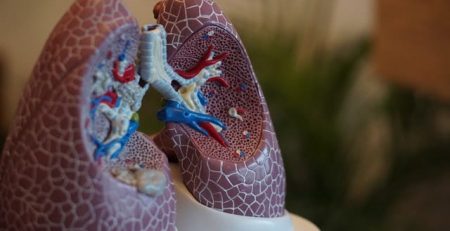A Treatable Autoimmune Disease May Be Misdiagnosed as Psychosis
A new study led by scientist at the University of Oxford found that up to one in 11 cases of psychosis may involve a condition where antibodies attack the brain. The study, published in The Lancet, examined the blood samples from 228 people between the ages of 14 and 35 when they were first diagnosed with psychotic illnesses. The reserachers found that approximately “three percent of cases involved a particular antibody that was attacking a receptor in brain cells that help the cells communicate with each other, known as NMDA,” IFLScience.com reported.
Professor Belinda Lennox, a clinical psychiatrist at the University of Oxford told the BBC: “The implications of this are that there are patients in mental health services now who will have these antibodies and could potentially be treated in a very different way,” the Independent reported. “I think this is a really exciting advance for psychiatry as a whole, and every psychiatrist and patient with psychosis needs to be aware of this and to look for it and treat it assertively when we find it.”
This research suggests that people diagnosed with psychotic disorders, including bipolar and schizophrenia, should have their blood screened for the antibodies in question. If they are present, this could lead to alternate treatment methods and therapies. According to IFLScience.com, “clinical trials are not underway to expand the sample size, and test whether or not some patients could benefit from new treatments that tackle the immune syste instead.”














